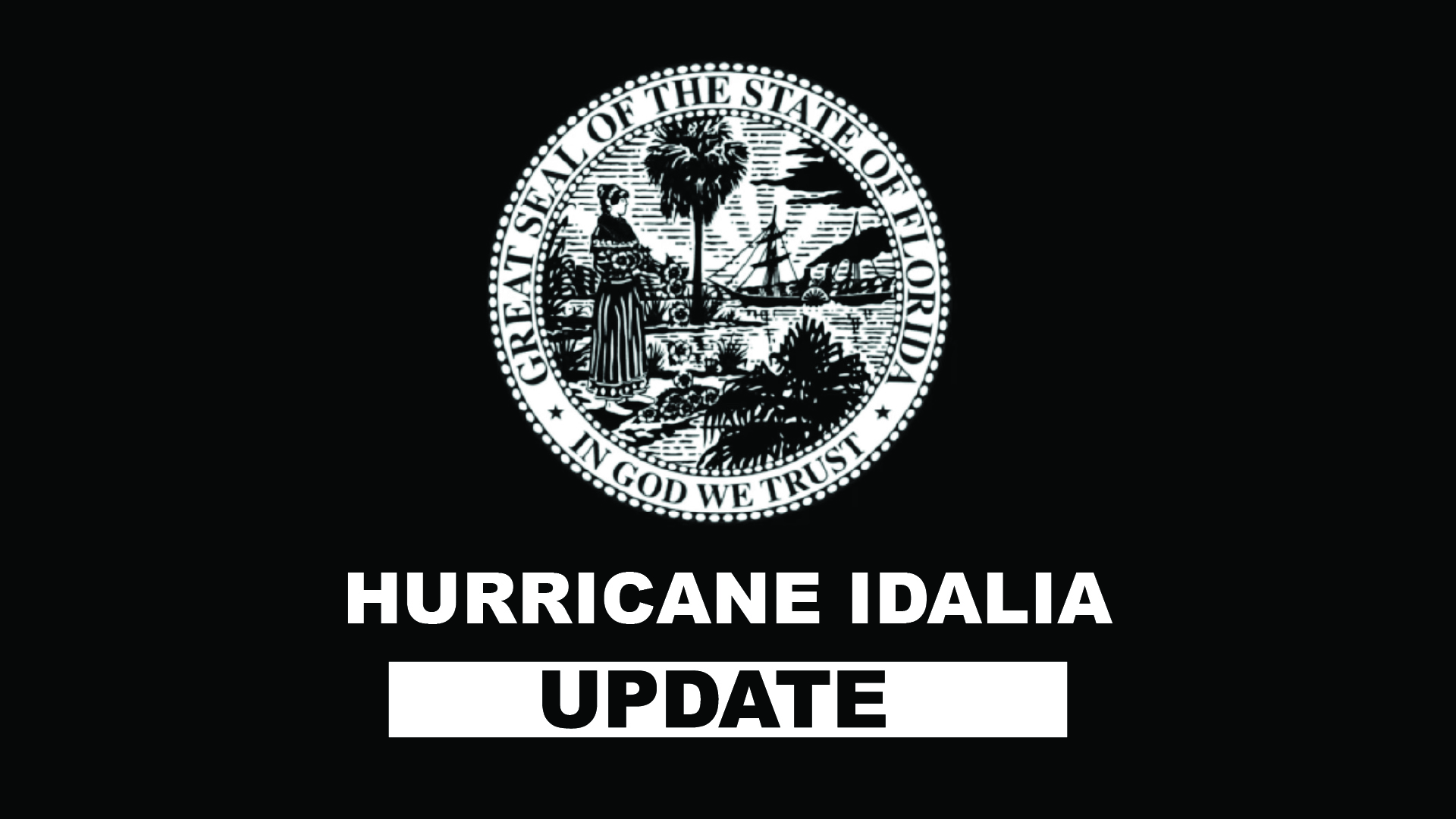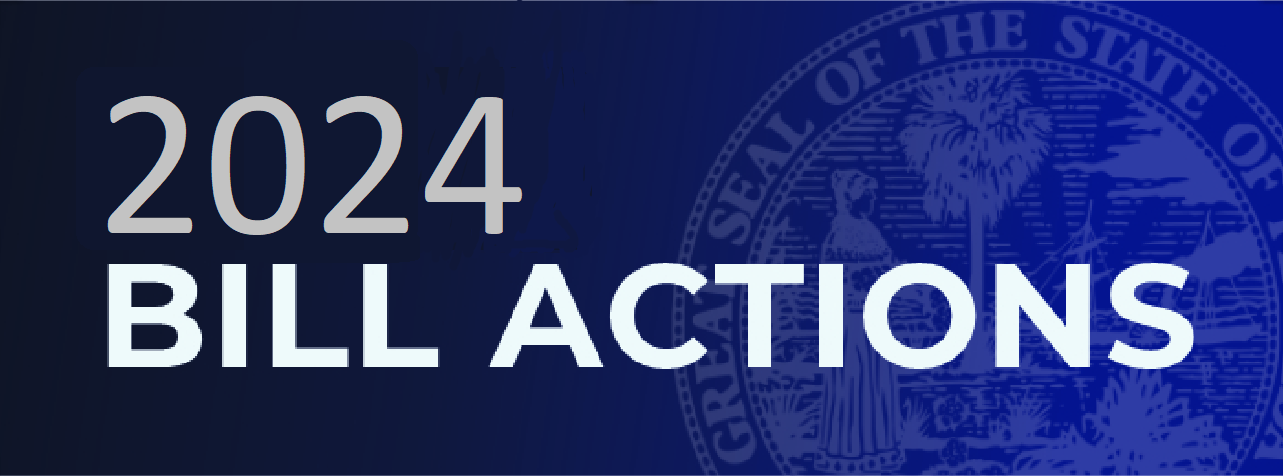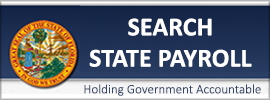MIAMI – Today, Governor Ron DeSantis held a roundtable with doctors and patients who have recently received monoclonal antibodies now banned by the Biden Administration to highlight the real-world clinical success of these treatments. On Monday night, Biden’s Food and Drug Administration (FDA) unexpectedly revoked the emergency use authorization (EUA) for the Eli Lilly and Regeneron monoconal treatments. As a result of this abrupt and clinically unsupported action, the appointments for more than 2,000 Floridians to receive monoclonal antibodies were cancelled.
“This decision was made without clinical data and without any advance warning to states and medical providers, leaving sick Floridians scrambling to find an alternative treatment,” said Governor Ron DeSantis. “Thousands of Floridians, who were already in the system and waiting to get treatment, woke up to an email saying that these treatments were now prohibited. It is fundamentally wrong and not the way we should treat people in this country. Our view in Florida is that we want doctors to be able to administer this treatment and patients to be able to access it, and they can make their own decisions from there.”
“Monoclonal antibodies have been at the forefront of treatment for COVID-19. It is a very well tolerated and scientifically proven treatment against the virus,” said Dr. Kenneth Sheppke, Deputy Secretary, Florida Department of Health. “The value of monoclonals cannot be understated in the ability to treat people with this disease. We have two pieces of conflicting data, we have this study on cells that suggests it might be less effective against Omicron and we have real world experience in humans where we have seen really excellent outcomes. Floridians and the rest of the nation have come to expect the availability of these treatments and it is really important for us as physicians to have those tools at our disposal to make the decisions on what treatment is best for patients.”
“We have been studying the monoclonals to see if it actually does what it says. We published our first paper that found that the monoclonals had an amazing reduction on hospital admissions,” said Dr. David Farcy, MD Chairman, Department of Emergency Medicine at Mount Sinai Medical Center. “In the course of six weeks, we had an estimated 1000 patients that received monoclonals. Out of those 1000 patients that were considered high risk, we only had single digits of patients that came back that needed to be admitted to the hospital, less than 5%. We are not here to say that one is better than the other, we need prospective data, meaning we need data to be studied forward.”
“I was disheartened to tell 18 patients we could not give them my typical medication when I woke up to find out the FDA had pulled the EUA for the medications I use the most for my COVID patients,” said Dr. Dwight Reynolds, MD, ABEM, FACEP, Medical Director and Owner, Centers for Health Promotion, Inc. “I gave one patient Regeneron and she thought I was someone special, she was feeling so much better after getting treatment. I have treated approximately 200 patients over the last two weeks in my practice in Coral Springs. Out of 200 patients – I personally called the next day – they have had absolutely no problem with the medication, and they all are doing well.”
“I tested positive, and I immediately had the treatment scheduled for the next day. Within 20 minutes of my appointment time I had already had the treatment, gone home, and went on with my day,” said Scott Fortney, Realtor and Monoclonal Treatment Patient. “The next morning, I woke up and felt better, and another 24 hours later I woke up and I could breath. I can say without fail I felt so much better, had more energy, went to my desk working, and felt better without doubt. My roommate, who tested positive, elected not to take the treatment, and to this day she feels terrible. My biggest fear is that this option wouldn’t be available to her. This is an option that’s not harming people, let’s give them a choice. Let them make that choice with their physician.”
“A week ago I started feeling sick, it was so rapid it was scary, and just feeling horrible,” said Nancy Schlotter, Cancelled Monoclonal Treatment Patient. “I couldn’t believe it was happening so quickly, and the next morning I tested myself and it was positive. I was feeling worse and worse. I didn’t know what to do but I knew these mAbs were available. I still don’t have taste or smell and wish I had the treatment but thank you for trying to provide this to those of us who may need it.”
“We had a plan and feel healthy for our age, but we were holding out for the mAb treatment if we were to get sick,” said Frank Schlotter, Cancelled Monoclonal Treatment Patient. “When we tested positive, not knowing how sick we were going to get we signed up for the treatment and were blindsided when the appointments were cancelled. We’re fortunate to start feeling better but we were really disappointed when there was short notice cancellation.”
Earlier this week, Governor DeSantis condemned the Biden Administration’s haphazard decision to revoke authorization of these lifesaving monoclonal antibody treatments. This decision was made solely by Biden’s Food and Drug Administration (FDA) without advance warning to states and health providers and without clinical data to support the decision. The deliberate decision by the Biden Administration to make this announcement effective immediately through a press release actively prevented states and health care providers from making real-time operational decisions to save lives.
###
.jpg)






.jpg)
